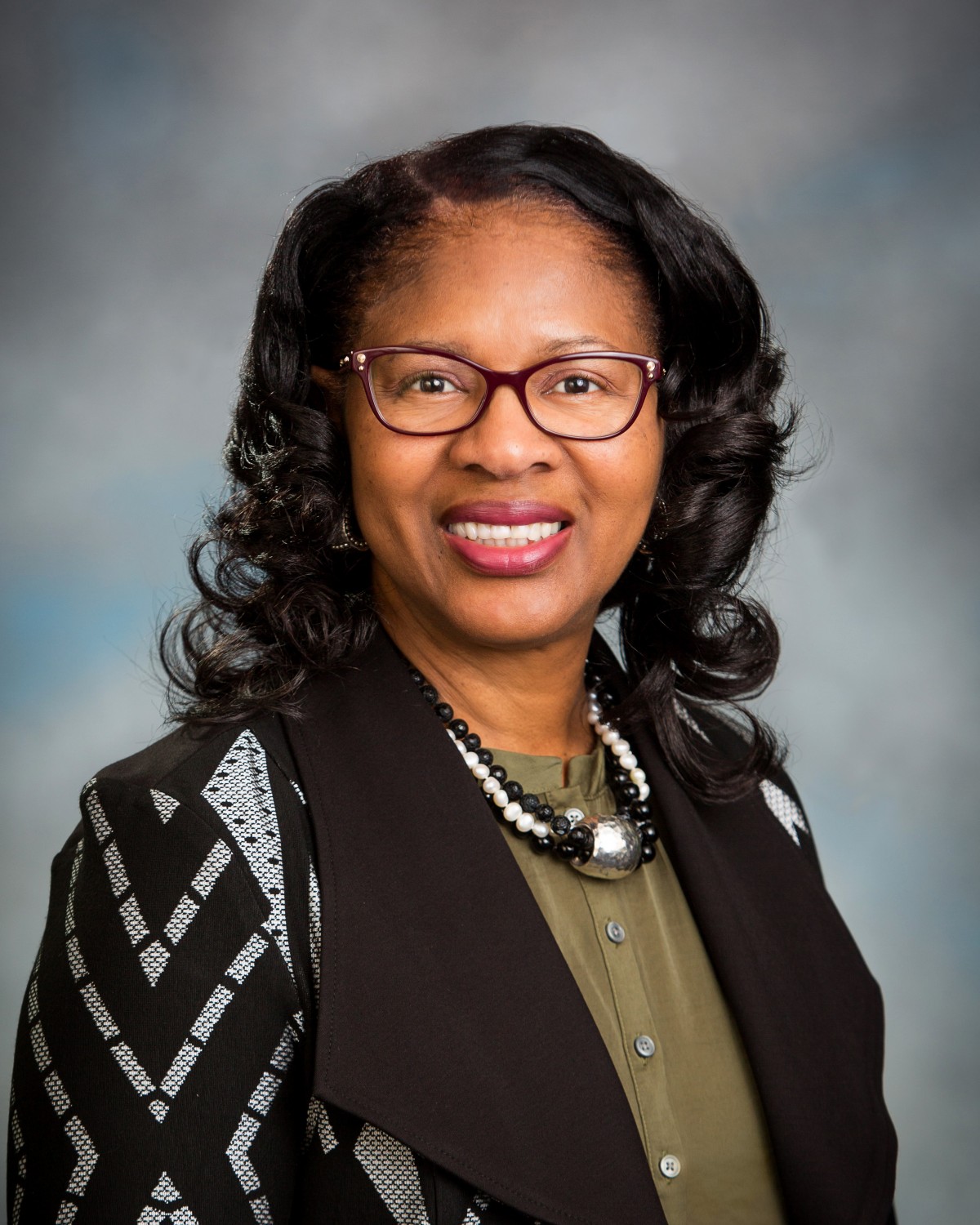
Secrets To A Successful Career: Advice From Corlis D. Murray, Top Engineer At A $20 Billion Company by Caroline Ceniza-Levine
“If I let the odds dictate my future, I certainly wouldn’t be doing the work I do today. As a black, female engineer, I’ve been told I’m 10 times more rare than a woman in Congress. Just 12% of engineers in the U.S. are women and 2% of female engineers are minorities.” – Corlis D. Murray
Corlis D. Murray holds the top engineering position at Abbott, a $20 billion global healthcare company. This means she is responsible for the company’s engineering, regulatory, and quality assurance functions in more than 150 countries. With the spotlight frequently on the lack of diversity in STEM, I was excited to hear from Murray about how she beat the odds. You can read Murray’s full list of seven career strategies on my blog, but here are my favorite takeaways:
Corlis D. Murray: Start young: Time is one of our most precious assets as individuals, with career advancement being no exception. My internship with IBM when I was 17 years old gave me the confidence I needed to land another internship after my senior year as a civilian with the Norfolk Naval Shipyard – and those two things combined were enough to convince me that I was capable of pursuing a career as an engineer. Without those experiences? I would not be where I am – a senior vice president at an incredibly impactful Fortune 200 healthcare company – today.
Murray’s emphasis on her very first jobs – internships, not even full-time roles – correlates with what I’ve seen in 20+ years of recruiting. For the plum executive-level jobs in the Fortune 500 companies, you want to start as early as you can. That first internship makes you competitive for the next one, then the next. So what if you didn’t have such a strong start? Start from where you are. Make an impact in the role you have now and choose every successive job with an eye towards your ultimate career success.
Make your own odds: “What you need to remember is if there aren’t very many people like you in your chosen field, you have the opportunity to add a new perspective. You can use that to your advantage. And if it seems like there are a million people just like you in your chosen field, remember that each individual, regardless of what we look like, offers a unique perspective. You just have to dig down deep enough – be self-aware enough – to figure out what your unique perspective is.”
I love how Murray highlights self-awareness – figuring out your unique perspective. As a job seeker, your unique perspective is your unique value proposition to employers – why should they hire you versus someone else?
Sell, sell, sell: ”Part of making your own odds – and positioning yourself for the opportunities you aspire to achieve – means having a solid portfolio composed and ready to sell. Make sure your skills and experience stand out among the crowd. Consider putting your portfolio online, making it live and offering downloadable version for those who prefer hard copies. Regardless of format, bolster your portfolio with a great bio that includes your strengths, education and recognitions; resume; information about your past coursework and internships; technical and non-technical skills; and recommendations from others.”
After recruiting for 20+ years, applications do blend together. The suggestion to put together a portfolio and put it online is a smart way to differentiate yourself. Just the work of pulling together a portfolio means you’re curating your skills and experience and figuring out how best to showcase these. This will help you position yourself in interviews and throughout the hiring process.
Know the business: ”If you’ve sold yourself and invested in yourself properly, no one’s questioning your intellect or abilities. But do you understand how what you do impacts the overall business? Companies, after all, exist to turn a profit and to do right by shareholders and employees. How does what you do contribute to that? Once you can answer that question, you’re on your way to generating measurable impact – and seriously impressing some future boss.”
I’m with Murray 100% on the need to translate your skills and experience to the bottom line. For career changers who may not have direct experience in an industry, you can still demonstrate your knowledge of that industry and point to specific skills or expertise that you have and how it will impact the bottom line. For entry-level professionals who may not have direct access to the bottom line, you’re supporting someone who does – how does your work help their contribution?
Murray’s final piece of advice was around giving back, and here, Murray walks her talk. She launched Abbott’s high school STEM internship program targeting underrepresented students. Since its inception in 2012, more than 50 young people have participated in the program, and 95 percent are pursuing a STEM degree or have a STEM job.


Sorry, the comment form is closed at this time.